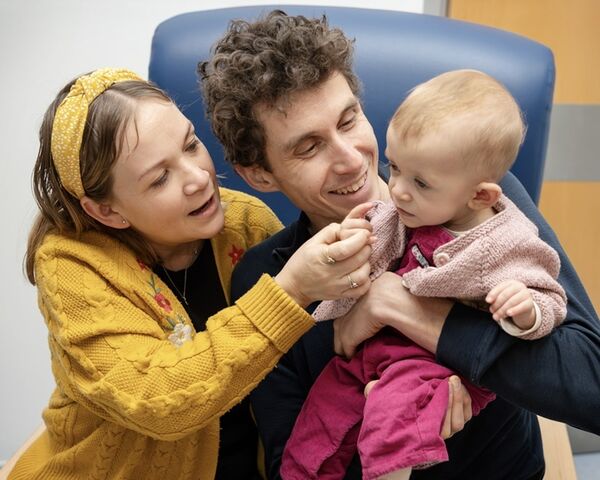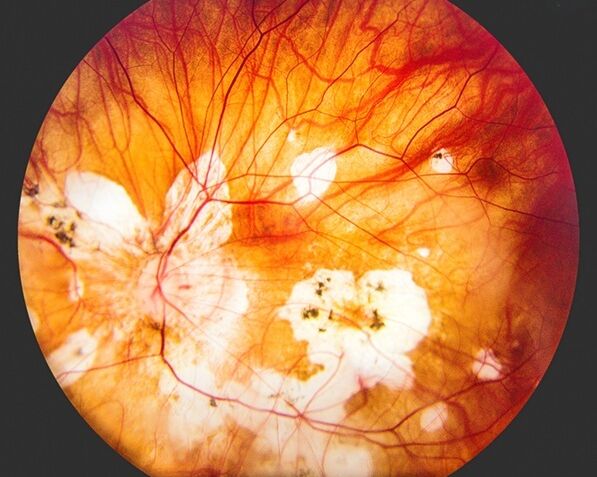What do we know about public attitudes to genomics?
Ahead of a major public dialogue on genomic medicine, Ipsos MORI, Genomics England and Sciencewise have summarised recent findings on public attitudes to genomics, and identified areas for future research.
With support from Sciencewise, we have asked Ipsos MORI to find out how the public feel that the NHS should best take forward genomic medicine into its national programme of clinical care. As part of this project, we have reviewed previous public engagement and dialogue activities to help us inform our own work.
Though it is not an exhaustive review, this short report identifies seven areas where more research is needed and the implications for our public dialogue:
- Awareness of genomics is low: we need to help participants understand key ideas like: what are genes? What is data science? How does the NHS work at the moment?
- Younger people and ethnic minorities sometimes have different views about genomics and we should listen to their voices in particular.
- Genomics is associated with both benefits and risks. There are some uncertainties which make the benefits and risks hard to weigh up, such as the scope of impact of genomics long term; future findings from genomics which are unknown today; how quickly the science will develop; and how genomics will be used outside medicine by governments, insurers and others.
- Important areas for public debate include how the findings of genomics should be conveyed to patients and, crucially, their families; and what do people consent to, and the role of advice and counselling in this.
- Future research should ask the public their views on insurance uses of genomic information, the role of public and private partnerships, and the role of international data sharing.
- Public, patients and clinicians are all concerned about the current and future capabilities of the NHS. The dialogue will need to explore how the NHS can develop the skills and capacity required for a genomic medicine service – and what public expectations are.
- While we know a lot already about how to communicate key medical, data and genetic concepts, the dialogue should cover the best ways to explain how genomics will be ‘rolled out’ into the NHS more widely.
The full literature review can be downloaded here.
What do you think we should ask the public about genomics?
We are currently developing our materials for our dialogue, so, whether you are involved personally in genomics and genomic medicine either as a clinician / healthcare professional or researcher, or as a patient, or have an interest in it, we’d be delighted to hear your thoughts on our report and what we should cover in our dialogue.
More information on our genomics dialogue
For more information on the dialogue or to tell us what you think about our report, please get in touch with Simon Wilde, Genomics England, [email protected] / 07793 142 501 or Graham Bukowski, Ipsos MORI Public Dialogue Centre, [email protected] / 0203 059 4678.


